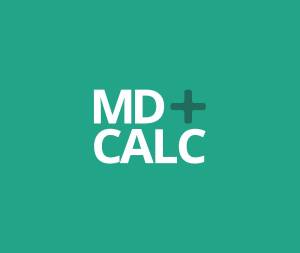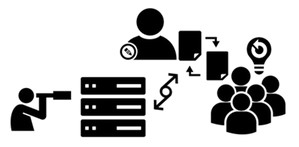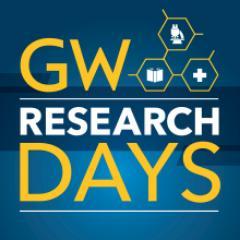 MDCalc has been around as a popular online calculator for the past 10 years. It is so popular that each month it has over 850,000 unique visitors. But now, this phenomenal resource is available as a free iPhone/iPad app (until May 1st… hurry!).
MDCalc has been around as a popular online calculator for the past 10 years. It is so popular that each month it has over 850,000 unique visitors. But now, this phenomenal resource is available as a free iPhone/iPad app (until May 1st… hurry!).
This medical calculator goes leagues beyond the rest, providing common and important calculators that include brief summaries of critical studies. Calculators include links to relevant PubMed articles, and includes the “Pearls/Pitfalls”, “Next Step” calculations, and commentary from the authors. This emphasis on Evidence-Based Medicine and clinical decision-making is just one of the ways in which MDCalc stands out. Additionally, all content is available even without an internet or cell connection, whereas similar medical calculators don’t have this capability.
With a simple, clean interface and information that goes wherever you do, MDCalc will quickly become your go-to medical calculator.
Check out some other medical apps by heading over to Himmelfarb Library’s App Shelf.
Download now to your iPad or iPhone here and get full access for free!
Image: http://tinyurl.com/hghojxg


 MDCalc
MDCalc Have a NIH grant? Getting ready to publish? Don’t forget to play by the rules.
Have a NIH grant? Getting ready to publish? Don’t forget to play by the rules.

 ProQuest will be updating its systems infrastructure for an eight (8) hour period beginning at 10:00 PM ET on Saturday, March 12. During this time, the following Proquest resources will not be available:
ProQuest will be updating its systems infrastructure for an eight (8) hour period beginning at 10:00 PM ET on Saturday, March 12. During this time, the following Proquest resources will not be available:  Ever thought about going vegan or
Ever thought about going vegan or 
 Ramp Up for Research Day Workshop: Tips for Designing an Effective Poster
Ramp Up for Research Day Workshop: Tips for Designing an Effective Poster